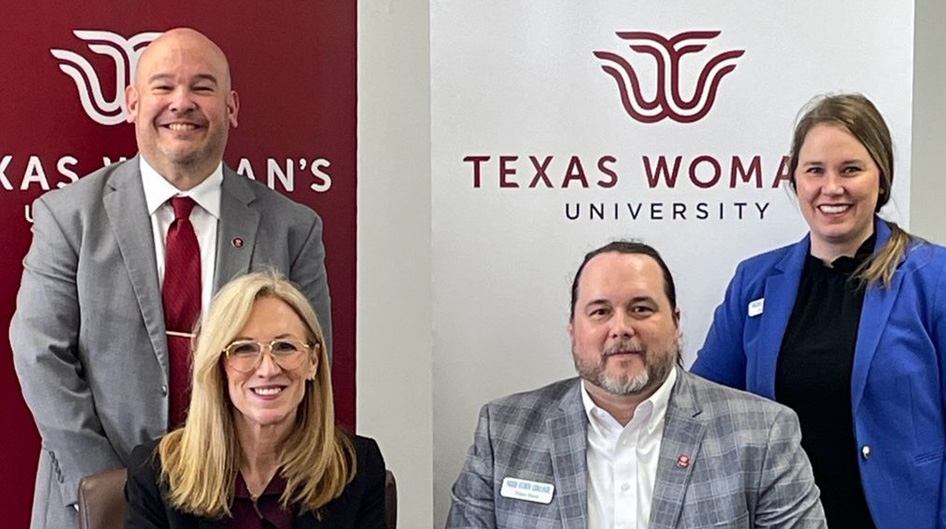Aerospace And Cybersecurity Training Focus Of Center Of Workforce Excellence Published December 4, 2020
 With a statewide focus of training individuals in two high-demand industries, Rose State College and Tulsa Community College received the designation of the first Aerospace and Cybersecurity Center of Workforce Excellence in Oklahoma. The Center appointment follows a nearly year-long application process and recognizes past work as well as on-going work in creating the pipeline of skilled individuals to meet workforce demands. It is estimated Oklahoma will see 3,500 openings each year in Aerospace and Computer-related jobs with strong growth, according to EMSI, for these high-skilled, high-paying jobs for the foreseeable future.
With a statewide focus of training individuals in two high-demand industries, Rose State College and Tulsa Community College received the designation of the first Aerospace and Cybersecurity Center of Workforce Excellence in Oklahoma. The Center appointment follows a nearly year-long application process and recognizes past work as well as on-going work in creating the pipeline of skilled individuals to meet workforce demands. It is estimated Oklahoma will see 3,500 openings each year in Aerospace and Computer-related jobs with strong growth, according to EMSI, for these high-skilled, high-paying jobs for the foreseeable future.
“The Center of Workforce Excellence at Rose State and Tulsa Community College will serve as a go-to resource for all things Aerospace and Cybersecurity related to moving industries forward in Oklahoma,” stated Dr. Jeanie Webb, President of Rose State College. “It’s an amazing opportunity that will propel our state to the next level of economic development.”
This designation represents higher education, career tech, industry partners and communities working together to answer the workforce needs with educational pathways, stackable credentials, collaborations and training. As part of the Center for Workforce Excellence, an advisory council consisting of Aerospace and Cybersecurity employers from the Oklahoma City and Tulsa metro areas will advise on the workforce needs in the two sectors.
“This special designation strengthens the ongoing work and allows us to expand our relationships with employers across the state. Not only does this partnership double our expertise and resources for training, it also leverages best practices to position Oklahoma as a Top 10 state for business and to attract new companies,” said Dr. Leigh Goodson, TCC president & CEO.
Oklahoma City and Tulsa are aerospace hubs with Tinker Air Force Base and American Airlines, respectively, and together, they service defense and commercial aviation/aerospace and cybersecurity industries. Centers will be located at both institutions to assist employers as well as the training needs for students of all ages.
“The Rose State Center will operate out of the External Affairs division, at the Professional Training Center already in place to bring together the best ideas from across the community,” said Webb.
Both institutions already offer Aerospace and Information Technology degree and certificate pathways for individuals to navigate higher education whether as a working adult or full-time student. In addition, the collaboration supports the high school student, career technology student (both high school and adult), as well as PK-12 curriculum to advance outreach and feed the workforce pipeline long-term.
“This approach creates efficiency where individuals move seamlessly from high school through training, as they gain necessary credentials, and move into the workforce earning a family-sustaining wage,” said Goodson.
The Oklahoma Department of Career and Technology Education organized the application process with a state-level committee of workforce development advocates reviewing each application.



